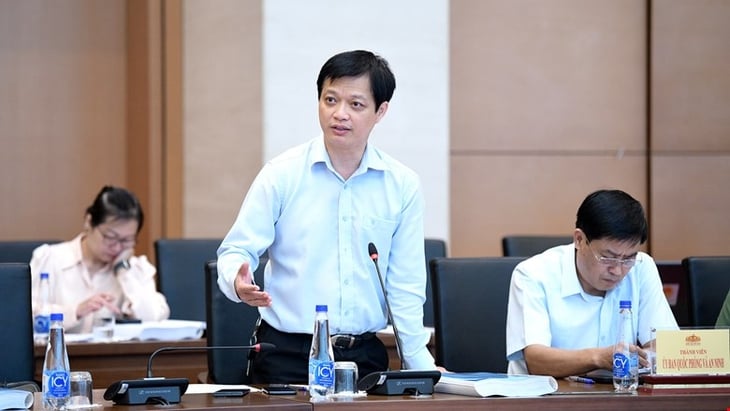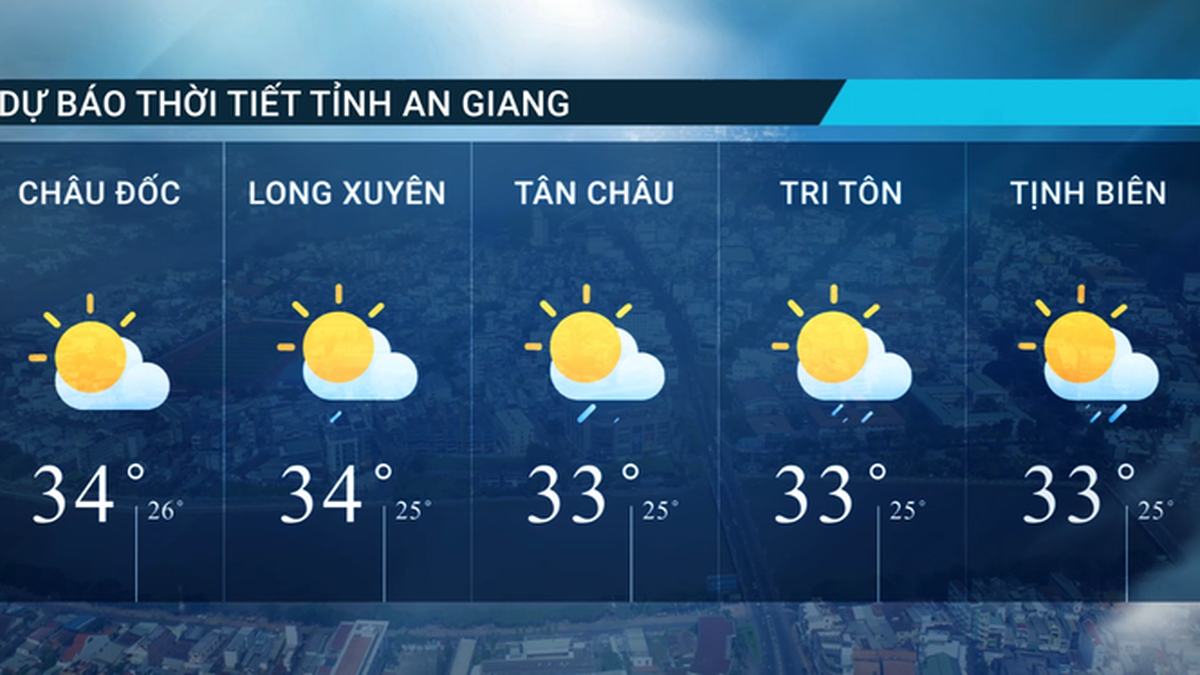
Delegate Nguyen Hai Nam - Photo: Quochoi.vn
Standing member of the National Assembly's Economic Committee Nguyen Hai Nam (Thua Thien Hue) said that applying a 0% interest rate when banks face difficult conditions, the authority transferred from the Prime Minister to the Governor has many different opinions.
Need to specify lending conditions and criteria
Also, these loans enjoy 0% interest rate, while outside the interest rate is 4-5%, raising the question of when to lend for this loan. Therefore, there needs to be specific regulations on lending criteria, to avoid the situation of asking for and giving.
"It is difficult for the staff directly implementing the right and wrong. How to balance the finances and where are the resources when the Central Bank provides capital? Therefore, it is necessary to consider and calculate specific criteria and conditions to ensure the proposed policy goals," said Mr. Nam.
Delegate Hoang Van Cuong ( Hanoi ) also pointed out the fact that many credit institutions are currently under special control, so to avoid collapse, the bill proposes giving the State Bank the authority to lend at 0%.
The draft adjustment to delegating power to the bank governor is very consistent with the spirit of decentralization, but delegates said that to avoid taking advantage of 0% loans while the budget still has many things to worry about, it is necessary to clearly stipulate which cases are eligible for 0% interest loans.
“It is necessary to clearly define the State Bank's responsibility in controlling cash flow to avoid falling into a risky situation.
Accordingly, the State Bank is given the right to make decisions but it must be accompanied by responsibility" - Mr. Cuong stated his opinion.
Regarding the legalization of Resolution 42/2017/QH14, Mr. Cuong said that the handling of bad debts has brought many positive results. However, some additional regulations need to be added to ensure risk prevention.
For example, the draft stipulates that credit institutions have the right to seize collateral in cases where there is a prior agreement with the borrower.
For example, the right to seize collateral: if there is a prior agreement between the borrower and the credit institution, it may lead to a situation where the borrower really wants to borrow so he accepts all the conditions to borrow, and the credit institution does not care about other conditions, only cares about the collateral.
Concerns about regulations on the right to seize collateral
In fact, credit institutions lend and look at the condition of collateral as one of the factors. If it is legalized, it is easy for credit institutions to only look at the collateral. Therefore, the delegate proposed to include the condition that the credit loan must not violate the regulations on credit granting.
At the same time, he asked whether the secured assets, if they are disputed assets, can be recovered? According to the draft, only when the court declares seizure, if there is a dispute, it cannot be excluded. This also has an impact, because not all secured assets have been declared by the court, if so, it will be very difficult to recover.
According to delegate Nam, many countries in the world have the principle that if you borrow, you must repay; if you cannot repay, you must sell the collateral according to the common law system.
However, in some countries, secured assets must be handled in court, applying the provisions of procedural law, judgment enforcement, valuation... The court is the last place to protect fairness and justice.
In fact, in Vietnam, there are also cases where banks participate and may abuse their right to seize collateral. While the Constitution requires that privacy and human rights issues be guaranteed, the handling must be fair and in the interests of all parties.
Source: https://tuoitre.vn/dai-bieu-ban-khoan-nguon-luc-khoan-vay-dac-biet-lai-suat-0-co-the-phat-sinh-rui-ro-20250520172831811.htm
































































































Comment (0)